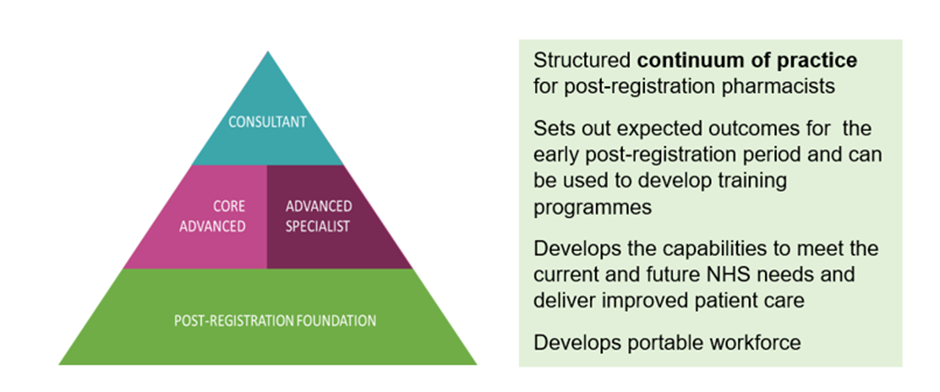1. Starting your leadership journey
Knowing more about your behaviours, skills and areas to develop is the first step on your leadership journey and completing a leadership self-assessment will give you a better idea of where you are.
Self-assessment will help you focus on what is important to you, where your strengths currently lay and what leadership development to prioritise next.
First Step
Complete the NHS Leadership Academy Self-Assessment ![]() .
.
Note: you will have to register an account for free to use the tool.
A Self-Assessment User Guide ![]() support document to help with the process is available.
support document to help with the process is available.
Next Steps
After completing your self-assessment it is time to develop your action plan. This can be found at the end of the self-assessment report. You can either plan this yourself, or we recommend to link in with your line manager to develop an action plan together.
There is also a 360 degree feedback assessment tool available (with cost attached) if you would like further feedback on your leadership skills.
2. Continuing your leadership journey
If you have completed a self-assessment in the last year and are looking to start or further develop your leadership portfolio, continue reading.
In this section we highlight a number of next step options to help you raise your self-awareness, measure your developing leadership skills and map your leadership development to the RPS foundation or RPS advanced framework.
NHS Development Tools
Registration with the NHS Leadership Academy also includes a Career Resource Portal, an online platform which offers practical tools and resources designed specifically for leaders to help support career development. The tools and resources offered are:
- Career Assessments
- Aptitude tests
- E-Learning paths
- Interview simulators
- Elevator Pitch Builders
You can access the Career Resources Portal by signing in to the Leadership Academy Online Learning Platform ![]() .
.
Royal Pharmaceutical Society (RPS) Frameworks
Post-Registration Pathway
RPS have developed a structured continuum of practice for post-registration pharmacists, which build in leadership skills, summarised as follows:

Post-Registration Foundation
Post-registration foundation pharmacist credentialing is the first stage in the post-registration professional development pathway for patient-focused pharmacists across all sectors in the four UK nations. The level of practice described in the curriculum is the end point of early post-registration practice. The post-registration foundation pharmacist credentialing process is open to all pharmacists, both member and non-members of the RPS.
Read more about the post-registration foundation pharmacist curriculum and executive summary ![]() .
.
RPS Core Advanced Pharmacist Curriculum
The RPS core advanced curriculum describes the entry-level standard for advanced pharmacists working in any patient focussed role. It bridges the gap between the RPS post-registration foundation curriculum and the RPS consultant pharmacist curriculum. It provides a credentialing assessment to assure pharmacists have the capabilities to practise at an advanced level. In line with other RPS post-registration curricula it is made up of five broad domains aligned closely to the four pillars of practice:
- Person-centred care and collaboration
- Professional practice
- Leadership and management
- Education
- Research
Read more about the core advanced pharmacist curriculum and executive summary ![]() .
.
Consultant Pharmacists
Credentialling as a consultant pharmacist follows on from this pathway.
Read more about consultant pharmacist credentialing ![]() .
.
In addition, there is a credentialing webinar ![]() available on the process.
available on the process.
RPS Leadership Development Framework
The RPS Leadership Development Framework is based on the NHS Healthcare Leadership Model and outlines the behaviours of effective, engaging leadership – the behaviours that enable pharmacists and pharmaceutical scientists to make a real difference to care and outcomes.
Access the framework and a supplementary handbook ![]() exclusive to RPS members.
exclusive to RPS members.
Webpage last updated on: 13th December 2024

